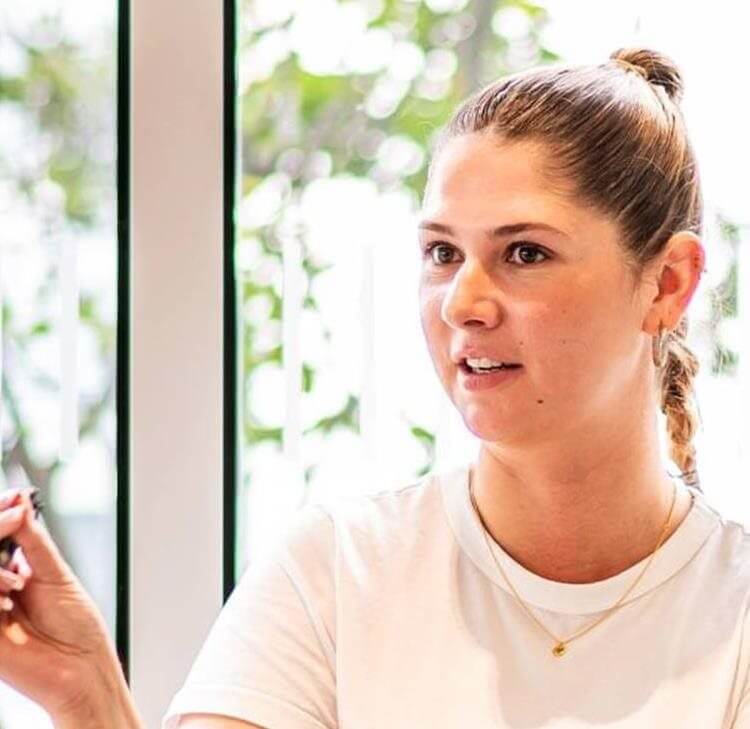Natasha Abrahart took her own life on 30 April 2018. She was in her second year of studies at the University of Bristol. Her bereaved family, understandably, sought answers. They brought a claim for compensation against the university, which was decided in May 2022.
The claim, brought on behalf of the estate of Natasha, was partially successful. The court found that the university had not made reasonable adjustments for Natasha’s known mental health illnesses, in breach of the Equality Act 2010.
However, the claim in negligence was not successful, on the basis that the university did not owe a duty of care to her. Perhaps surprisingly, there is no general common law duty of care owed to all students by higher education providers in all circumstances.
Whilst there is a duty of care to not cause harm to students by the university’s own actions, this does not extend to a duty owed where it is said that they have failed to do something (apart from in limited circumstances, e.g. where the university has assumed responsibility for the student by its actions).
Petitioning for a statutory duty of care
The existence and nature of the duty of care owed depends on the specific facts and is not a blanket duty owed in all circumstances to all students. As a result, Natasha’s family petitioned the government to introduce a statutory duty of care owed by universities to students.
Whilst a statutory duty is proposed to bring “parity in duty of care for all members of the HE community”, the reality is that an employer/employee relationship or a relationship between a child and education provider acting ‘in loco parentis’ is very different in nature to that of a student/university.
Some question the feasibility and proportionality of a statutory duty of care, in this context, and query whether the unintended consequences might be unwanted increased control and monitoring of the student cohort, in an effort to discharge such a duty of care.
At the conclusion of Parliament’s debate on the petition, the Minister Sir Robert Halfon rejected the introduction of a statutory duty of care at this time.
Supporting students’ health, safety and welfare
Against this legal context, universities widely recognise the need to support students’ health, safety and welfare. In 2018, Universities UK, the collective voice of 140 universities across the UK, published (with PAPYRUS, the UK’s national charity on preventing young suicide) Suicide Safer Guidance for universities on preventing student suicide. In 2022, they published additional guidance on supporting students on placement, sharing information, and responding to a suicide.
Some 61 universities have already signed up to the Student Minds University Mental Health Charter. Sir Robert Halfon has now written to all universities asking them to sign up to the Student Minds Charter Programme by September 2024.
A higher education mental health task force
Prof Edward Peck (the first ever Student Support Champion) is chairing a new higher education mental health implementation task force, with its outputs reporting directly to the Minister.
The task force has been asked to put in place an interim plan for better early identification of students at risk, and for delivering the university student commitment, as well as a set of strong, clear targets for improvements by providers. By May 2024, it is expected there will be a final report, outlining the next steps, including how the sector will publicly report on the progress measures over the coming years.
A new OfS registration condition on mental health?
The Minister made it clear that if sufficient progress is not made by universities on a voluntary basis, then he will ask the Office for Students (OfS) to introduce a new registration condition on mental health.
This mirrors the approach taken on harassment and sexual misconduct, where the OfS has recently consulted on introducing a new condition of registration following perceived inadequate progress in the sector.
In the wake of the Abrahart judgment, Equality Act claims relating to student mental health issues are becoming increasingly prevalent. Developing meaningful and effective policies and processes to support students will ensure that universities acknowledge and address this risk.
To find out how we can help you, please contact us.











































